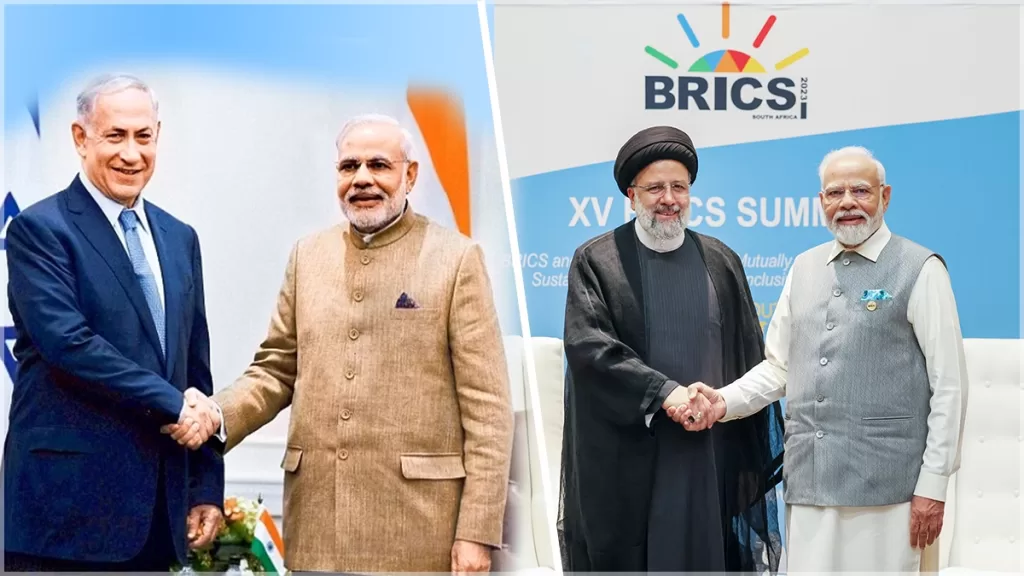In the complex web of global geopolitics, India finds itself in a delicate balancing act between two of the Middle East’s most significant rivals, Iran and Israel. While these two nations are often at odds, especially given Iran’s recent missile strikes on Israel, India maintains diplomatic and strategic ties with both. This raises the question: Why does India continue to maintain friendly relations with both Israel and Iran, even as tensions escalate between them?
Table of Contents
Why is Iran Considered Dangerous?
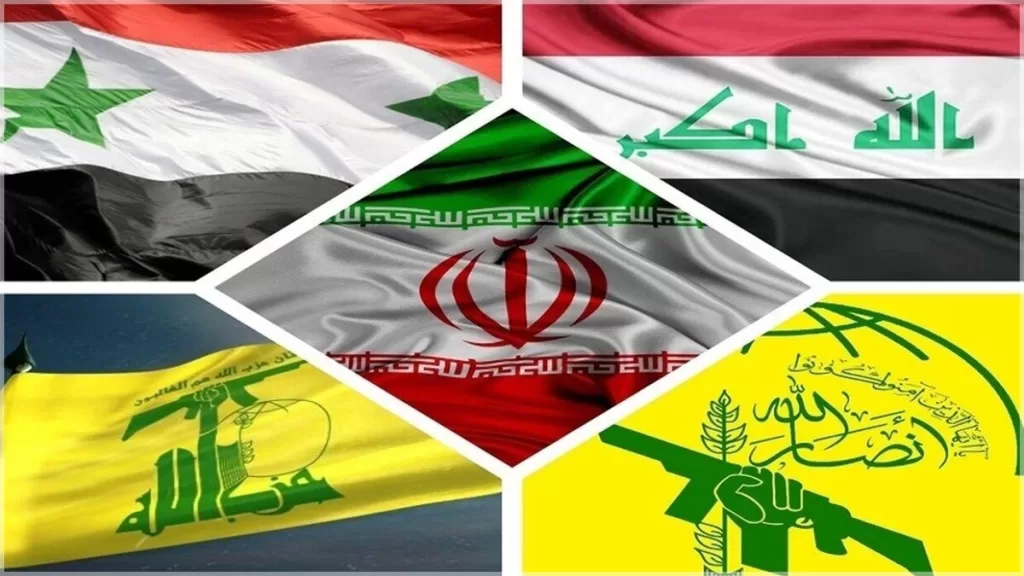
To understand India’s predicament, it is essential to first explore why Iran is often viewed as a dangerous nation. The United States has labeled Iran as the world’s leading state sponsor of terrorism. A major factor contributing to this designation is Iran’s support for various militant groups across the Middle East. Iran is connected to a network of proxies known as the “Axis of Resistance,” which includes groups like Hamas in Gaza, Hezbollah in Lebanon, and the Houthis in Yemen. These groups often engage in violent conflicts with Israel, further escalating the long-standing tension between the two nations.
One recent example of Iran’s aggressive stance came when it launched 200 ballistic missiles at Israel. Despite Israel’s advanced defense system, the Iron Dome, some missiles managed to penetrate and cause significant damage. Iran’s military is not only well-equipped but also largely self-sufficient, a result of decades of sanctions and embargoes that forced the country to develop its own weapons industry. Iran now has a formidable military, including ballistic missiles with a range of up to 2,000 kilometers, drones capable of evading radar, and even its own submarines.
Furthermore, Iran’s influence extends beyond its borders. Iraq’s militia groups have shown strong support for Iran, threatening to block oil exports from the region if conflict escalates. This places significant pressure on global energy markets, especially in Europe, which heavily depends on Middle Eastern oil.
Iran’s Network of Proxies
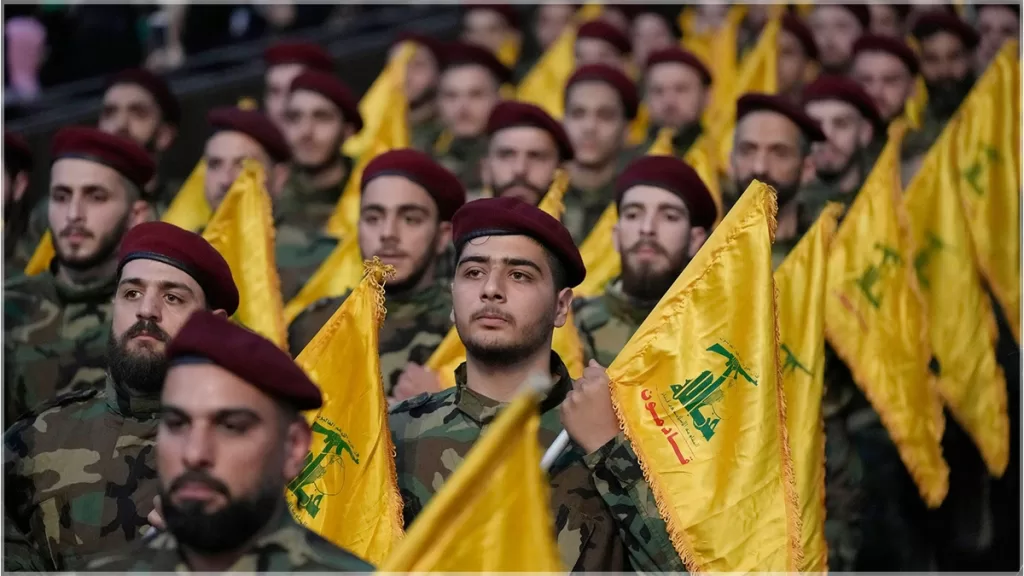
Iran’s strength lies not only in its military but also in its ability to leverage allied groups throughout the Middle East. These proxies, including Hezbollah and Hamas, work to further Iran’s agenda without direct involvement from the Iranian military. This proxy war between Iran and Israel has been ongoing for years, but with recent events, it seems closer to escalating into a broader conflict.
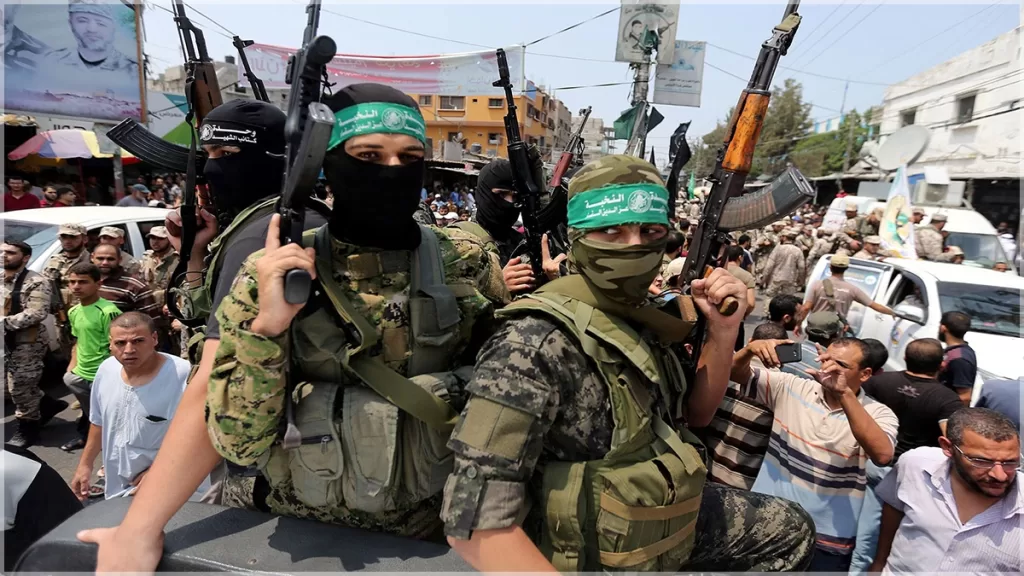
Israel, on the other hand, is a country with strong military power and significant backing from the United States. Israel has repeatedly emphasized its readiness to respond to any aggression, stating that it will retaliate “wherever, whenever, and however” necessary. Israeli Prime Minister Benjamin Netanyahu recently condemned Iran’s missile attack, labeling it a significant mistake for which Iran would have to pay a price. This sentiment is echoed by the U.S., which sees Israel’s security as paramount to its interests in the region.
India’s Diplomatic Tightrope
Given this volatile situation, India’s position might seem precarious. Historically, India has expressed strong ties with Israel, which it considers a close friend. At the same time, India conducts military drills with Iran and continues to engage in economic partnerships with the country.
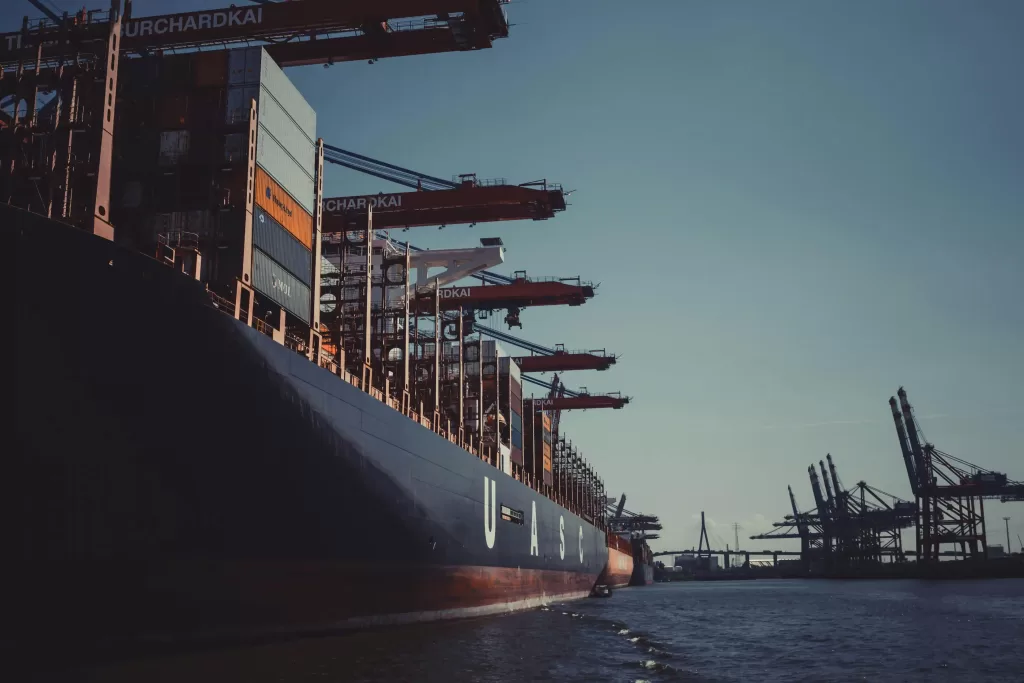
India’s neutrality stems largely from its dependence on both regions for critical resources. The country imports 80% of its oil, much of it from the Middle East. This makes it nearly impossible for India to sever ties with Iran, which plays a crucial role in the region’s energy supply chain. Despite Western sanctions on Iran, India has maintained strategic cooperation, including the development of Iran’s Chabahar port, which is essential for accessing Central Asian markets and countering China’s influence in the region via Pakistan’s Gwadar port.
However, India’s relationship with Iran goes beyond energy and trade. Alongside Russia, Iran is a key partner in the International North-South Transport Corridor (INSTC), which provides India with a vital trade route that bypasses Western-controlled routes. This corridor is seen as a strategic lifeline for India in the event that its ties with Western countries sour, ensuring that it can continue to meet its oil needs.
Read also : Trade Tensions Rise As Iran Puts Silent Ban On Essential Imports From India
The Challenge of Arms Dependence
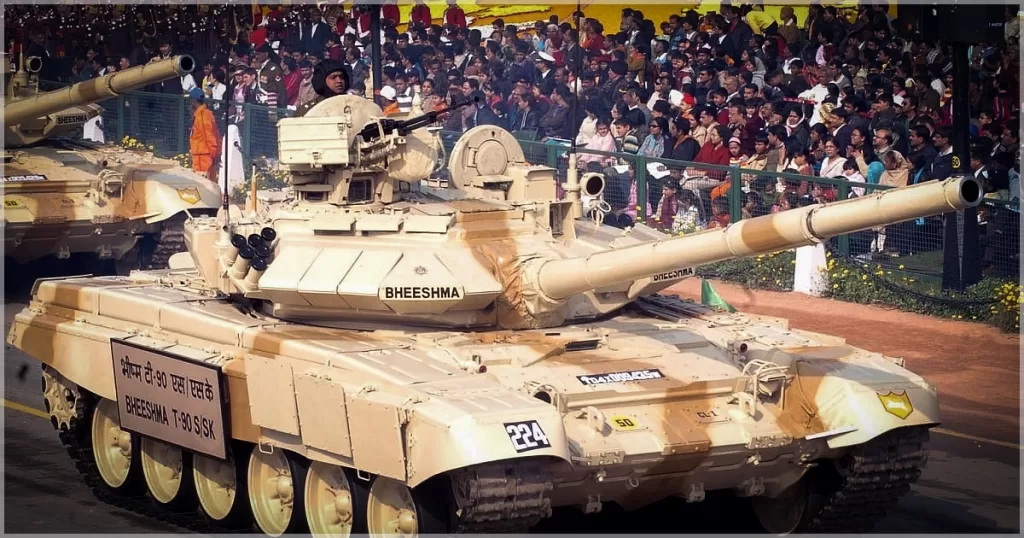
While India relies on Iran and the Middle East for oil, it is heavily dependent on the West and Russia for its military supplies. In fact, India is the largest arms importer in the world, accounting for nearly 10% of global arms imports. This dependence poses a strategic vulnerability, as it leaves India exposed to external pressure from its suppliers. Should relations with any of its arms suppliers deteriorate, India could find itself facing a national security crisis, unable to procure the weapons it needs to defend its borders.
This reliance is evident in India’s recent procurement decisions. Despite having its own domestically-produced defense systems, such as the Arjun tank and Tapas drones, India continues to import weapons from countries like Russia, Israel, and the U.S. This has led to concerns about India’s self-reliance in the defense sector.
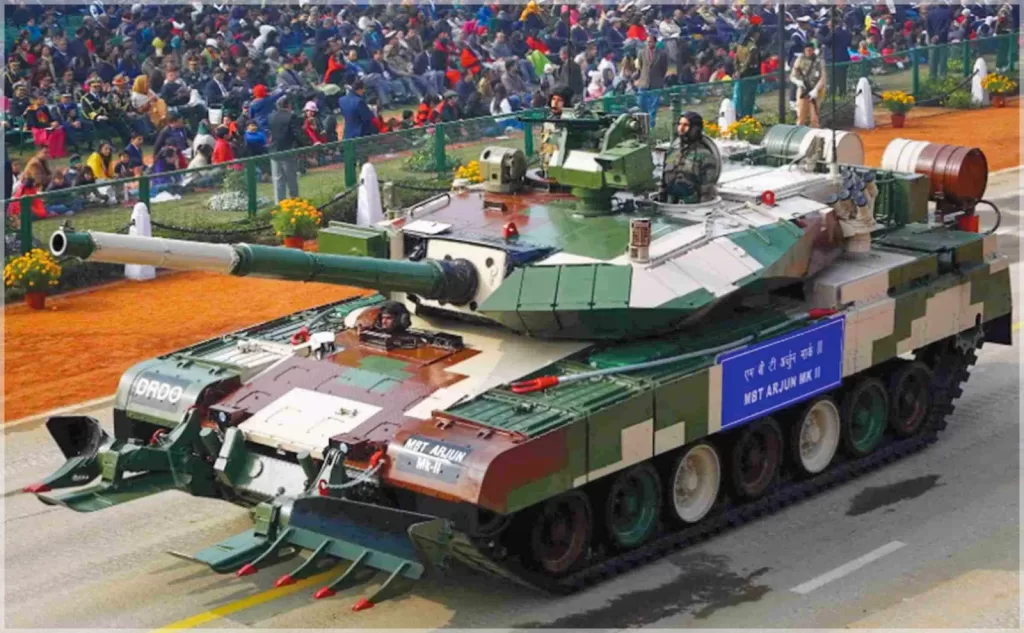
For example, India opted to import the Russian T-90 tank instead of using its indigenous Arjun tank, even though the Arjun outperformed the T-90 in multiple criteria during trials. Similarly, India has been purchasing drones from Israel rather than investing in its own drone development programs. This reliance on foreign technology makes India vulnerable to shifting geopolitical dynamics, as seen in the case of Iran, which lost access to U.S. fighter jets following the Islamic Revolution of 1979. Today, Iran’s air force still operates aircraft from the 1970s.
The Road to Self-Reliance
India’s precarious position highlights the importance of self-reliance. While India has made some strides in increasing its defense exports, from ₹1,500 crores ($180 million) a decade ago to over ₹10,700 crores ($1.3 billion) today, there is still a long way to go. The country has set an ambitious target of achieving $5 billion in defense exports in the coming years, but for India to truly secure its defense needs, it must increase investment in research and development, particularly in the defense sector.
The Need for Strategic Independence
For India, neither Iran nor Israel poses a direct threat. The real danger lies in India’s inability to become self-reliant in key sectors like defense and energy. As the global geopolitical landscape shifts, India must navigate its relationships carefully, balancing its economic interests with its strategic needs. Maintaining neutrality might be the best course for now, but in the long run, India must bolster its domestic capabilities to ensure that it is not forced to choose sides in a future conflict.
As the situation between Iran and Israel continues to evolve, India’s challenge will be to remain neutral while safeguarding its own national interests, particularly in terms of energy security and military preparedness.
